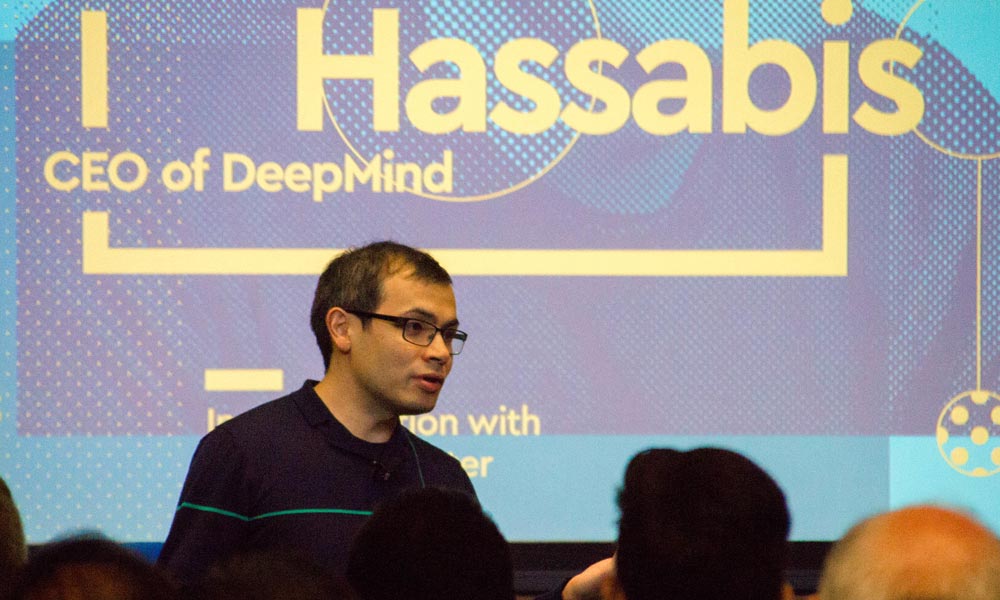Deepmind: Isomorphic Labs to bring AI to the real world

Last fall, Deepmind and Alphabet founded a new company: Isomorphic Labs. Now Deepmind founder Demis Hassabis reveals a bit more about the ambition behind the new company, which aims to bring artificial intelligence into medical practice.
Isomorphic Labs wants to use artificial intelligence primarily to develop new drugs. At the new company's launch last November, Hassabis described biology as an extraordinarily complex and dynamic "information-processing system."
Hassabis' basic assumption is that a common underlying structure exists between biology and computer science, so biology could turn out to be a "perfect system" for artificial intelligence applications. Isomorphic Labs aims to prove this thesis.
Isomorphic Labs: Deepmind wants to "really go for it"
With its Alphafold 2.0 protein folding prediction system, Deepmind has already demonstrated the utility of AI for medical purposes, including in the treatment of the sleeping sickness. But Hassabis believes the field for AI in medicine is much broader. At Isomorphic Labs, he says, development is still in its early days.
“We’re only just starting, so there’s not a lot to say. Basically, I think there are a lot more things like AlphaFold—different aspects of the drug discovery pipeline that would be amenable to AI," Hassabis tells MIT Technology Review. “I mean, really going for it—not just a little analytics tool sitting on top.”
Via the Big Pharma detour, Isomorphic Labs is another channel for Deepmind - along with Google - to bring its AI research into practical use. Nearly every Google product today has Deepmind technology in it, Hassabis said. "You can think of Isomorphic Labs as our outlet for the real world beyond Google."
AI for science
Isomorphic Labs follows a Deepmind motif that Hassabis says has played a role alongside the development of more general AI since the U.K.-based AI company's founding: that AI as a tool can accelerate the development of other sciences, and thus human progress.
Hassabis expects a "new renaissance" through the application of AI techniques in a variety of scientific fields. “As the AI tide rises, more problems become tractable”, Hassabis says. In addition to drug development, Deepmind is following this principle in research on nuclear fusion, for example.
AI News Without the Hype – Curated by Humans
As a THE DECODER subscriber, you get ad-free reading, our weekly AI newsletter, the exclusive "AI Radar" Frontier Report 6× per year, access to comments, and our complete archive.
Subscribe nowAI news without the hype
Curated by humans.
- Over 20 percent launch discount.
- Read without distractions – no Google ads.
- Access to comments and community discussions.
- Weekly AI newsletter.
- 6 times a year: “AI Radar” – deep dives on key AI topics.
- Up to 25 % off on KI Pro online events.
- Access to our full ten-year archive.
- Get the latest AI news from The Decoder.